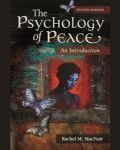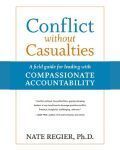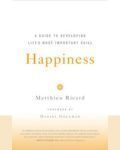
MacNair, Rachel. The psychology of peace: An introduction. (ABC-CLIO, 2011).
Just as health providers study disease and its prevention, understanding the causes of violent behavior and how to prevent such behavior is a basic cornerstone for those who are working towards a healthy society. Another parallel: maintaining physical health involves positive practices; similarly, positive nonviolent approaches need to be psychologically understood and encouraged. The second edition of The Psychology of Peace: An Introduction demonstrates what can be learned through the lens of peace psychology, providing a solid foundation in the psychological theories needed for building and maintaining a peaceful society and peaceful individuals.
This second edition incorporates the tremendous amount of new research and subsequent events since 2003, including post-2003 violent and nonviolent revolutions, such as the ongoing war in Iraq and Afghanistan, and the nonviolent overthrowing of dictators in Tunisia and Egypt. Author MacNair again outlines why application of psychological study to the soundness of decision-making for public policy—and to the policies themselves—is crucial knowledge, and how applying the study to private practices and even art can help build up a peaceful society.

Regier, Nate. Conflict without Casualties: A Field Guide for Leading with Compassionate Accountability (Berrett-Koehler Publishers, 2017).
Clinical psychologist and transformative communication expert Dr. Nate Regier believes that the biggest energy crisis facing our world is the misuse of conflict. Most organizations are terrified of conflict, seeing it as a sign of trouble. But conflict isn't the problem, says Regier. It's all about how we use the energy.
When people misuse conflict energy, it becomes drama: they struggle against themselves or each other to feel justified about their negative behavior. The cost to companies, teams, and relationships is staggering. The alternative, says Regier, is compassionate accountability: struggling with others through conflict. Discover the Compassion Cycle, an elegant model for balancing empathy, care, and transparency with boundaries, goals, and standards. Provocative, illuminating, and highly practical, this book helps us avoid the casualties of conflict through openness, resourcefulness, and persistence.

Ricard, Matthieu. Happiness: A Guide to Developing Life’s Most Important Skill. (NY: Little Brown and Co., 2003).
A molecular biologist turned Buddhist monk, described by scientists as "the happiest man alive," demonstrates how to develop the inner conditions for true happiness.
